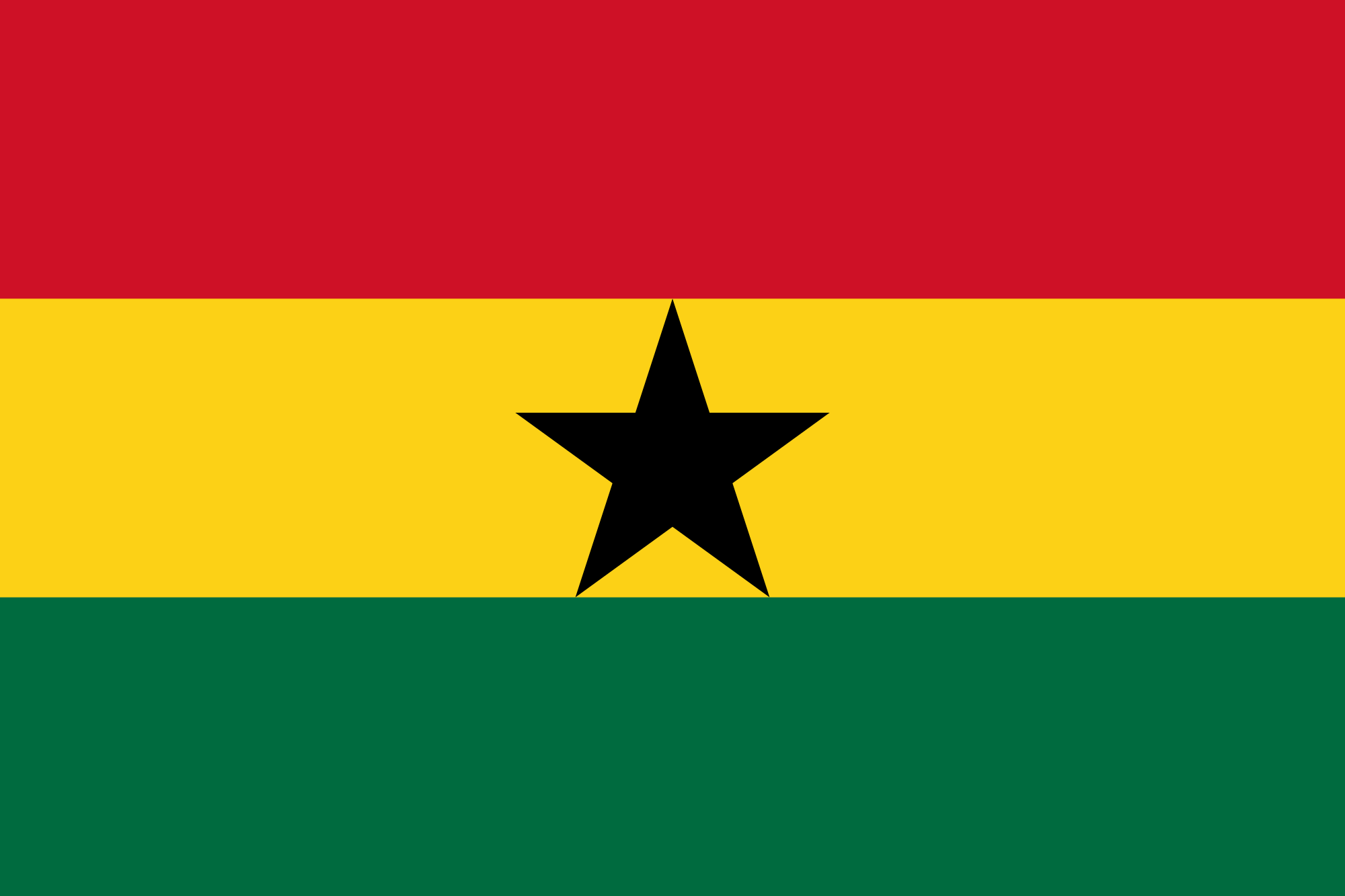Ghana’s wealth of resources, democratic political system and dynamic economy, makes it undoubtedly one of Africa’s leading foreign investment destinations.
Gaining the world’s confidence with a peaceful political transition and a grounded and firm commitment to democracy has helped in expediting Ghana’s growth in foreign direct investment (FDI) in recent years. Ghana has attracted the attention of well-known international businesses, investing in all sectors of the economy.
Building on significant natural resources, Ghana is committed to improving its physical infrastructure. Moreover, Ghana has embarked on an ambitious but achievable reform programme to improve the investment climate for both local and international investors.
Ghana has a solid tradition of investments in agriculture and agro-processing.
The financial services and telecommunications sectors are fast gaining ground, providing dynamic and innovative services to the most diverse customers in the world. Further opportunities exist in manufacturing, ICT, and Tourism. Mineral deposits including gold and diamond abound; Ghana started commercial production of oil in December 2010 and further explorations are ongoing.
COST OF DOING BUSINESS IN GHANA
Labour / Employment
The Labour Act 651 of 2003 regulates employment and labour issues in Ghana. This Act consolidates all laws relating to labour, employers, trade unions and industrial relations.
The Value of Labour
The current minimum wage is at GHS4.48 per day as at February, 2012. Also below is the average salary for unskilled, semi-skilled and skilled workers.
Ghana Free Zones Board
Resident Permit/Person/Year – US$200.00
Expatriate Employment Quotas
Automatic expatriate employment quotas allowed for foreign companies are –
Investment of US$ 50,000 to US$ 250,000 – 1 quota
Between US$ 250,000 & US$500,000 – 2 quotas
Between US$ 500,000 & US$700,000 – 3 quotas
US$ 700,000 and above – 4quotas.
Taxes
Companies operating in Ghana are liable to pay varied levels of taxes depending on the sector of operation, and the location of the project and whether the company is listed on the Ghana Stock Exchange. Taxable profits are based on profits declared in audited accounts subject to adjustments made for capital allowances. For more information on the tax rates in 2011 visit Website:www.irs.gov.gh
Locational Incentives (Tax Rebates)
a) Manufacturing industries located in:
Accra and Tema 25%
All other regional capitals 18.75%
Located outside regional
b) After the initial 5-year tax holiday period, Agro-processing enterprises which use local agricultural raw materials as their main inputs shall have corporate tax rates fixed according to their location as follows:
Accra – Tema 20%
Other Regional Capitals (except Northern, Upper East and Upper West Regional Capitals) 10%
Outside Regional Capitals 0%
Northern, Upper East and Upper West Regions (capitals and all other locations) 0%
Exemptions
Industrial plant, machinery or equipment and parts thereof are exempted from customs import duty under the HS Codes chapter 82, 84, 85 and 98. An enterprise whose plant, machinery or equipment and parts are not zero rated under the Customs, Excise and Preventive Service Management Act, 1993 may submit an application for exemption from import duties and related charges on the plant, machinery or equipment or parts of the plant, machinery or equipment to the Centre.
Investment Guarantees
Constitutional guarantee Investment laws which guarantee 100% transfer profits, dividends, etc.
MIGA membership
Bilateral Investment Promotion Treaties (BITs)
Double Taxation Agreements (DTAs)
Income tax incentives are provided under the Internal Revenue Act, 2000 (Act 592) and further amended by Internal Revenue (Amendment) (No.2) ACT, 2006 (ACT 710)6.




